Re:build
“Poverty is about more than money. It’s a worldview that affects people at a physical, emotional, and spiritual level. This is why it takes skills, work, and training to create real change.”
Our desire is to see the Gospel make all things new. We believe that Christ can rebuild broken people, and that those who society has written off can become good neighbors, great employees, and wonderful spouses and parents. Even leaders and pastors in the local church.
1. Life Skills
One of the major factors in contributing to ongoing poverty is lack of Life Skills to gain access to available means of help. Often people find it difficult and sometimes impossible to navigate the personal, social, and cultural nuances of world that is drastically different from what they know.
We have partnered with Acceleron, which teaches people had to bridge the gap and to gain access to not only the things needed to get back on their feet, but to also begin to thrive as they rebuild their lives. In our LifeSkills program, participants have coaches that are helping them grow in mental, social, and physical health. This also includes financial stability and stewardship.
2. Hard Work
Another contributing factor in poverty stems from the necessary internal drive that it requires to persevere in a broken world. Self-confidence is connected to our self-worth, and self-worth finds its origin in God-given dignity as he creates us in his image. However, when we trade pieces of that dignity for either a means of survival or things we desire, we slowly lose ourselves and our ability to care for ourselves and the ones we love, nevertheless to contribute to society.
How do you rebuild and restore dignity? You do it through consistency and work. Part of our 12 month RE:BUILD Discipleship Program involves growing in learning how to work.
3. Theological Training
God’s original plan for those he created in his image is that they would flourish. This simply isn’t physical flourishing based solely on improved circumstances… but it is a deeper flourishing that involves emotional and spiritual health. People cannot truly flourish if they are still dead in their sin, separated from Christ, and enemies with God.
We believe that theological discipleship for the masses happens best in the context of the local church. We also believe that those struggling in extreme poverty, addiction, and emotional distress can, by God’s grace, not only overcome their enslavement to such things, but can also become leaders in the church that in turn, leads others to do the same.
“I grew up in the inner-city, in extreme poverty. My father was in and out prison, and I was quickly following in his footsteps. I didn’t learn to read until I was 26. But in God’s love, he not only saved me from my sin and gifted me with a heart to follow him… but he changed me from the inside out.”






